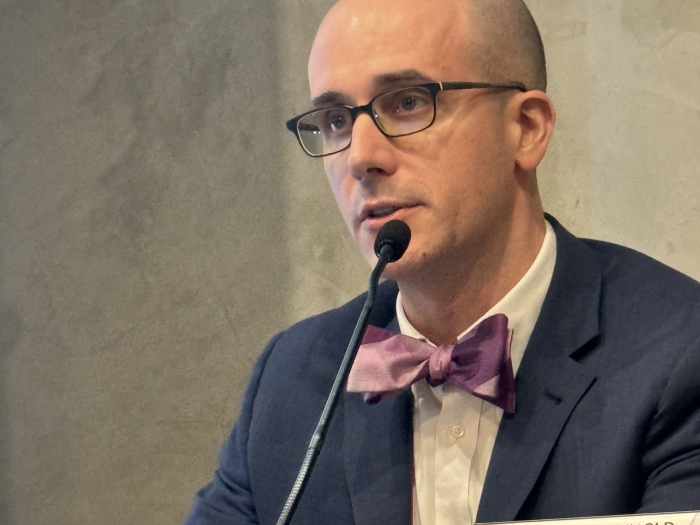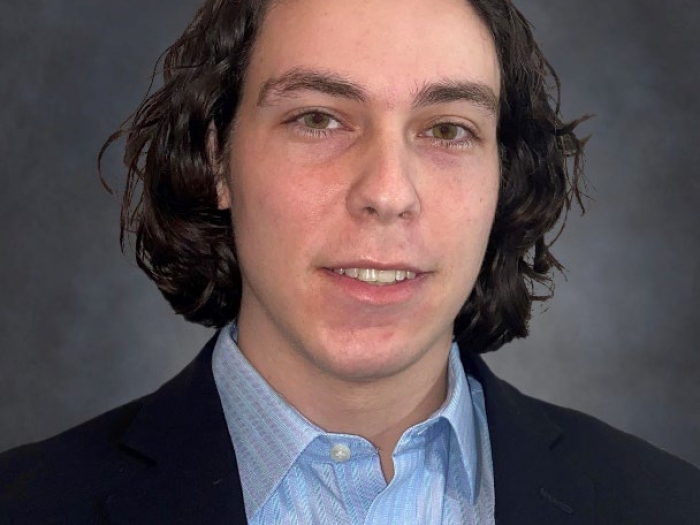I took my Neurology shelf exam (aka the "Gelf" because it's written by Dr. Gelb), and now I am officially half way done with my M3 year! I thought M1 and M2 year went by fast, but M3 year definitely goes by even faster. I was busy every day with clinical duties and studying, switching between different clinics and floors, and before I knew it, I was done with half of my rotations!
The rotation I just finished in Neurology was an incredible learning experience. From strokes to degenerative diseases like Parkinson's, you get exposure to many different types of patients. Each patient has a unique story, and it is a privilege to be able to hear their stories and participate in their care. The attendings and residents are amazing role models and teachers, and every day I learned so many new things.
I am still in the process of figuring out what I want to specialize in, and I am hoping that things will become more clear as the year goes on. So far what I know is that I truly enjoy counseling patients and offering preventative care services. I specifically enjoy encounters in which I am dispelling myths and providing education for patients who may have been misinformed.
I originally came into M3 year expecting to have no free time and less opportunities to see classmates that are not on my track, but it turns out, there is still plenty of time to do fun things and activities that are important to you during M3 year! I still had opportunities to go up north to Traverse City, go camping in Brighton, and go to Michigan football tailgates (picture below :) ). I think what I've learned is that it's important to see friends and still do activities that you enjoy, because the happier you are as a person, the happier you are on the wards, and the more you'll learn and make the most of the opportunity. Can't wait to see what's in store for the second half of the year!


Department of Communication at Michigan Medicine
Want top health & research news weekly? Sign up for Health Lab’s newsletters today!





